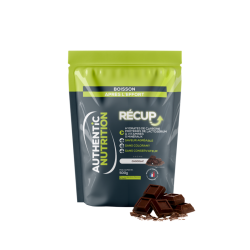Cramps: Causes and Symptoms
Exercise cramps are involuntary muscle contractions that are often intense, sudden, and very painful, and usually occur during or after prolonged physical exercise. They particularly affect the most used muscles, such as the calves, quadriceps, or hamstrings.
These cramps frequently appear when the muscles are tired by an unusually long or intense effort, particularly in hot conditions, where sweating is significant. High temperatures can accentuate dehydration and promote the loss of essential minerals, thus increasing the risk of cramps. Athletes or occasional sportsmen, poorly prepared or poorly trained, are the most exposed to this phenomenon.
The main cause of cramps often remains insufficient training or training unsuited to the effort provided. When a muscle is not prepared for a high or prolonged workload, it fatigues more quickly, which disrupts its proper functioning and can cause muscle spasms.
In addition to fatigue, an energy deficit is also suspected, i.e., a lack of fuel for the muscle (such as glucose or glycogen), after a long or poorly managed effort on the nutritional plan.
Furthermore, the involvement of electrolyte imbalances is often mentioned. Electrolytes such as potassium, calcium, magnesium, and sodium play a crucial role in nerve impulse transmission and muscle contraction. Excessive loss of these minerals through sweat, combined with inadequate hydration or insufficient dietary intake, can disrupt nerve signals and promote cramps. Learn more about our ingredients with our FAQ.
Cramps: prevention and treatment








